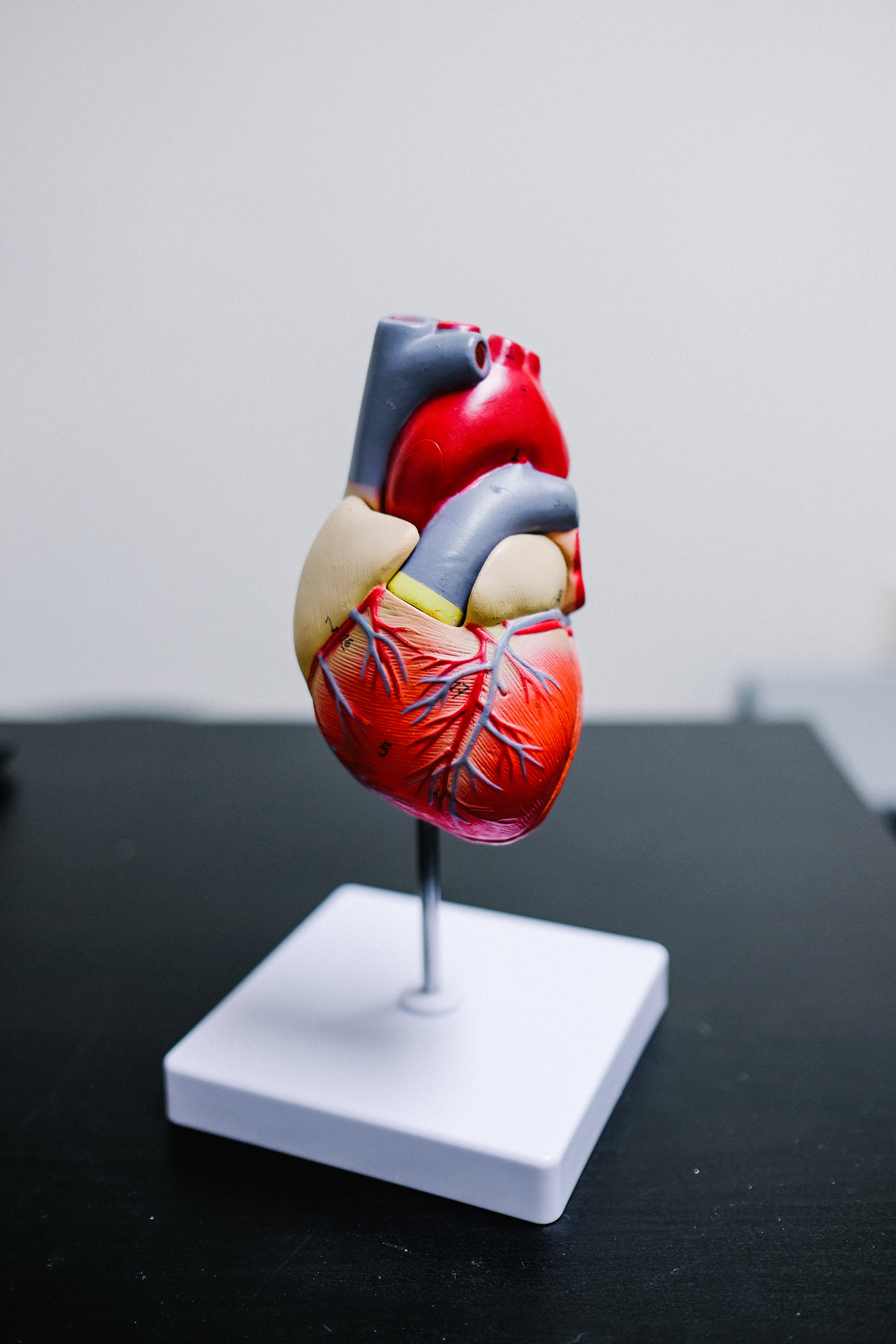
When searching for a Heart Specialist near me, it is important to look for several important factors. Whether a physician is nationally recognized or well-known in the community, their patient reviews should be positive. You should also look for credentials such as academic appointments and clinical and research fellowships, as these indicate a commitment to their profession. One doctor in particular who has an outstanding reputation is Dr. Reisman. This physician specializes in cardiovascular diseases, and personally tests each patient for any potential heart problems.
Cardiologists diagnose, treat and prevent diseases of the heart
Cardiologists are medical professionals who specialize in the diagnosis, treatment and prevention of diseases of the heart. They perform a thorough physical examination and ask patients about their medical history. Often, they may recommend additional cardiac testing, including an electrocardiogram, echocardiogram, nuclear stress test, Doppler ultrasound, and an ankle-brachial index. In some cases, they may perform a cardiac MRI or PET/CT scan to help diagnose the condition.
Doctors who specialize in cardiology may teach at universities or conduct research in laboratories. After completing four years of medical school, a cardiologist will spend an additional three years in specialized training. Generally, cardiologists are board-certified by the American Board of Internal Medicine. They can also teach in universities and conduct research to develop new treatments for cardiovascular disease. Cardiologists may work in hospitals or clinics to help patients with heart problems.
They may refer you to a cardiologist
When you have heart issues, your primary care physician may refer you to a cardiologist. Your doctor will order blood work and monitor your cholesterol levels. You may also have a stress test to see how your heart is functioning. Your cardiologist may also refer you to a cardiologist if your condition requires further testing. Your doctor may also refer you to another specialist or send you back to your primary care physician.
A cardiologist is an excellent place to start for a comprehensive evaluation. They will ask you about your family history and your own medical history, as these things can help them diagnose heart problems. If you’re experiencing shortness of breath over a period of time, you should talk to your cardiologist about it. The cardiologist may also do a calcium scoring test to check for calcium deposits in your coronary arteries. Finally, they may refer you to a cardiologist if you have a family history of heart disease.
They may require a referral from your primary care provider
Although you may be referred to a Heart Specialist by your primary care provider, you should also perform your own research before making an appointment. Just because your doctor referred you to a particular specialist does not mean that he or she is the best one for your needs. Physicians may choose specialists based on price and in-network factors. It is important to read reviews about the doctor you are considering. If your primary care provider doesn’t recommend a particular specialist, call the office directly and ask about the next available appointment.
Before undergoing an appointment with a Heart Specialist, your primary care provider will perform a series of tests and ask you several questions about your health. If they find any irregularities, they will refer you to another doctor for further testing. During an appointment, the Cardiologists will perform an electrocardiogram, a non-invasive test to examine the heart’s rhythm. Depending on the condition, an electrocardiogram can also be performed separately.
They specialize in different kinds of heart conditions
Cardiologists and other health care providers who specialize in different types of heart conditions are known as cardiologists. Cardiologists can diagnose, treat, and coordinate care for heart disease. They can perform various tests and procedures in the cardiovascular system, including coronary artery bypass surgery and cardiac magnetic resonance imaging. Cardiothoracic surgeons perform procedures in the heart, chest, and lungs, such as heart valve repair and aneurysm surgery.
Drink Healthier Drinks
Adult congenital heart disease physicians work with patients with a variety of defects in the heart or blood vessels. They may also be involved in long-term care. Adult congenital heart specialists are particularly useful in the transition from pediatric to adult care. They will often schedule the first visit at an early age so that they can identify any new issues, such as irregular heartbeats, early intervention, or recurrence. They will also discuss exercise and fertility issues, and advise on routine checkups.
They may perform tests
Cardiovascular imaging and diagnostic tests are among the first steps for treating heart disease. Your physician may order certain tests to evaluate your heart function. X-rays and computers are used in these procedures, which can identify several cardiovascular problems. Echocardiograms can reveal heart defects by detecting coronary artery disease, cardiac masses and pericardial disease. Electrophysiology studies can also reveal any problems with the electrical activity of the heart.
Cardiologists specialize in the heart and lungs. During a physical examination, they may check a patient’s weight, blood pressure, esophagus, heart, lungs, and blood vessels. Interventional cardiologists also perform procedures such as coronary thrombectomies and angioplasties. Electrocardiograms can help determine if there is an irregular heartbeat. An electrocardiogram involves the insertion of small metal electrodes on the patient’s chest and connection to a Holter monitor.
They may conduct research
Cardiologists may also perform research. This can include participating in clinical trials and contributing to studies in specific areas of cardiovascular disease. Research by cardiologists has the potential to make a significant contribution to the treatment of cardiovascular disease. While this is not always possible, cardiologists often conduct research that helps them provide better care for their patients. Here are some ways that they may do so. To learn more about research, click the links below. You may also be interested in a specific topic within the field of cardiology.






